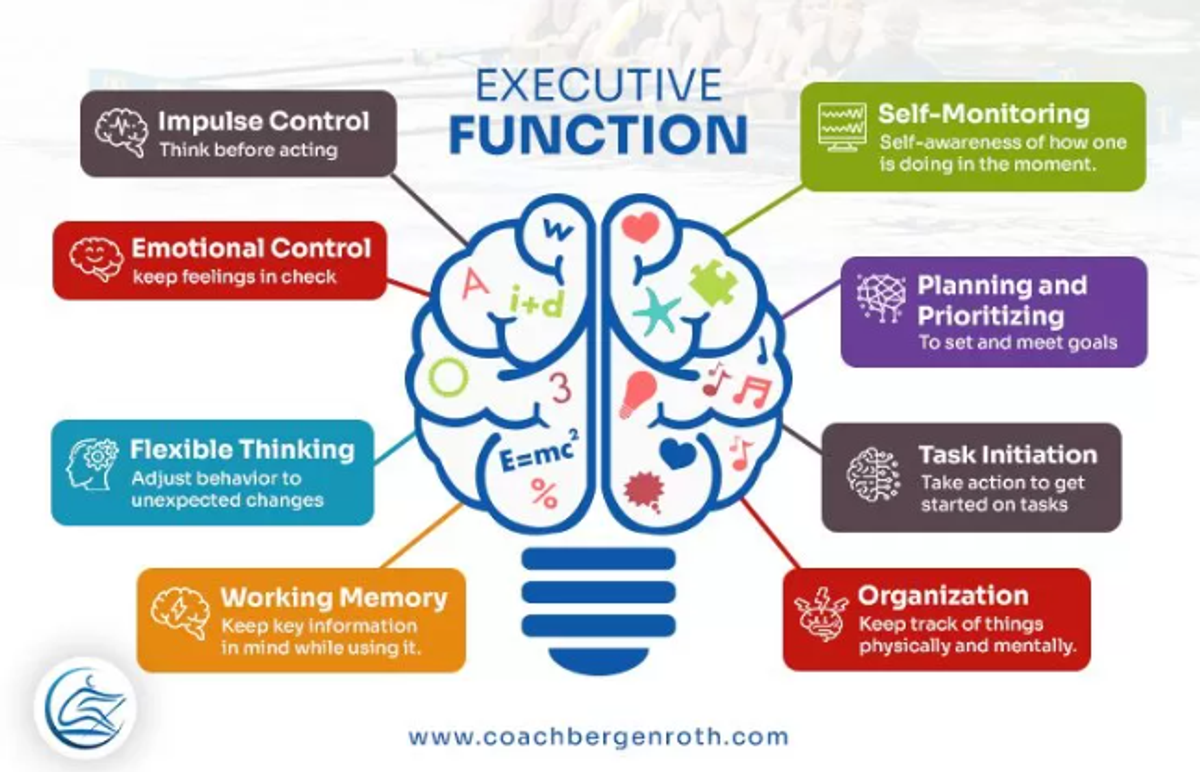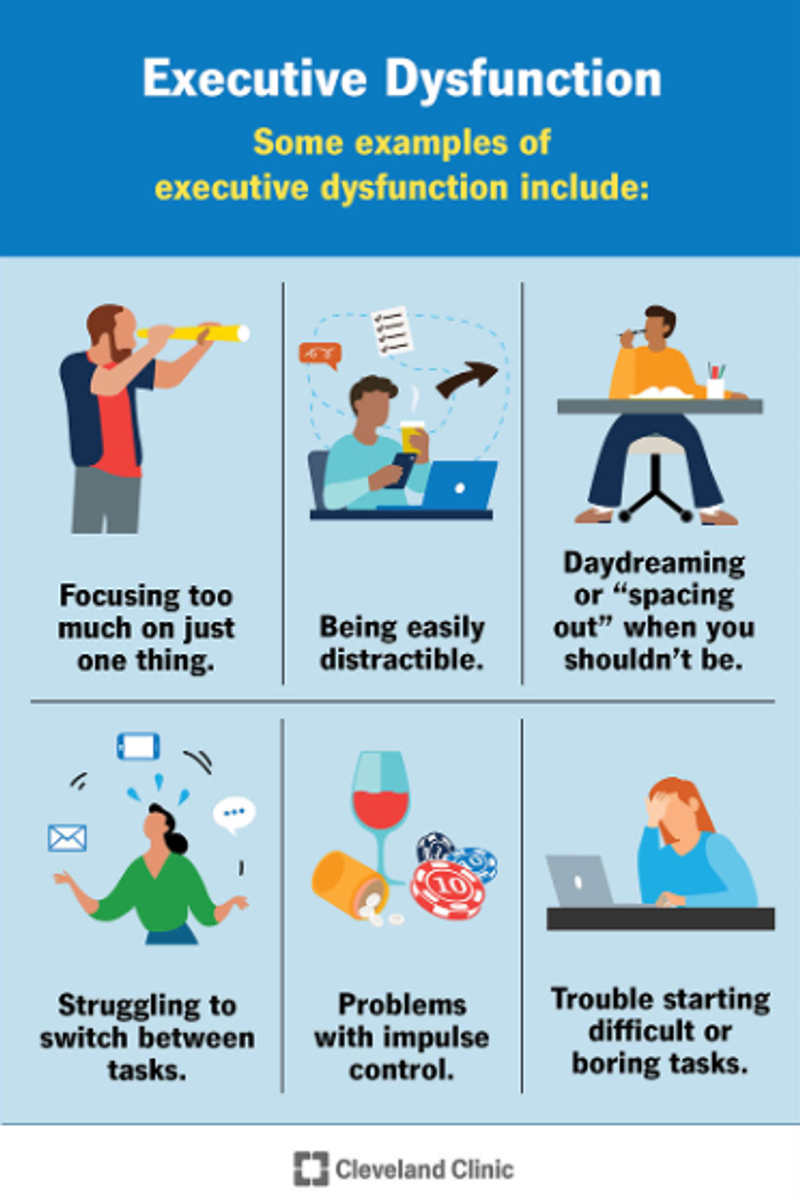News from the Deputy Principal

Welcome back to Term 4!
I hope that you have all had a wonderful relaxing holiday and are ready for the very fast-paced gallop to the finish. This term we have a lot of events and activities happening around the school and it will be important to check in with emails, Facebook posts and calendar dates to make sure you have the most up-to-date information.
Upcoming PSGs
PSG meetings for funded students will take place on Wednesday 30th October, Thursday 31st October and Friday 1st November.
This is a busy week with swimming taking place and the Junior students out on Friday at a sport excursion (all going well with the weather). Due to this some teachers may not be available during all of these times.
Families have been sent emails in regards to bookings for these meetings with the relevant code information. If the times are unsuitable, please email me to let me know about arranging an alternate time. The time does not need to be in the same week and can be made after the PSG week if possible.
The PSG meetings are important for all families with funded students to attend as we need to sign off on the goals from the term and work on transition goals for the following year. Parent input into this process is very Important. We will also be ensuring that all the documents from each PSG have been signed and returned. This is a requirement of the funding and documentation to support your students.
Executive Function
Executive Function skills are fundamental skills that are at the heart of self-regulation and self-control. These skills unfold over time and progress right through from infancy to late teens. As these skills progress, learners get better at metacognitive (thinking) skills and problem solving.
Children are not born with executive function skills, but are born with the potential to develop them. They are skills that need to be developed and taught over time.
Executive Dysfunction is where a person has difficulty managing their own thoughts, feelings and emotions.
Some examples of executive dysfunction are:
The main executive functions are: (reference: Cleveland Clinic)
Working memory
Working memory is the kind of memory that involves whatever you’re doing right now. If you’re reading, taking notes or having a conversation, then your working memory is part of the process.
Cognitive flexibility
Also known as fluid or flexible thinking, this refers to how well your brain can shift and move from one topic to another. The more flexible your thinking, the better you can adapt to whatever is happening around you. This also helps you react to unexpected changes in your situation.
Inhibition control
Inhibition control is your ability to steer or manage your thoughts, emotions and actions. This is a huge part of executive function, and we’d be unable to control our impulses and thoughts without it. There are two main ways that inhibition control works:
- Behavioral control. This is your ability to keep yourself from doing things that you think you shouldn’t do. An example of this is staying silent around an extremely annoying person because you believe in the saying, “If you can’t say anything nice, then don’t say anything at all.”
- Interference control. This is the ability to steer or manage your thoughts. It includes focusing on something that needs your attention and ignoring whatever doesn’t. Sometimes, the attention and focus are outside of your head. Sometimes, you have to apply interference control to your own thoughts, which might distract you from whatever needs your attention.
For more information about how Executive Function appears at each stage of learning and strategies to assist learners, please click the link below.


